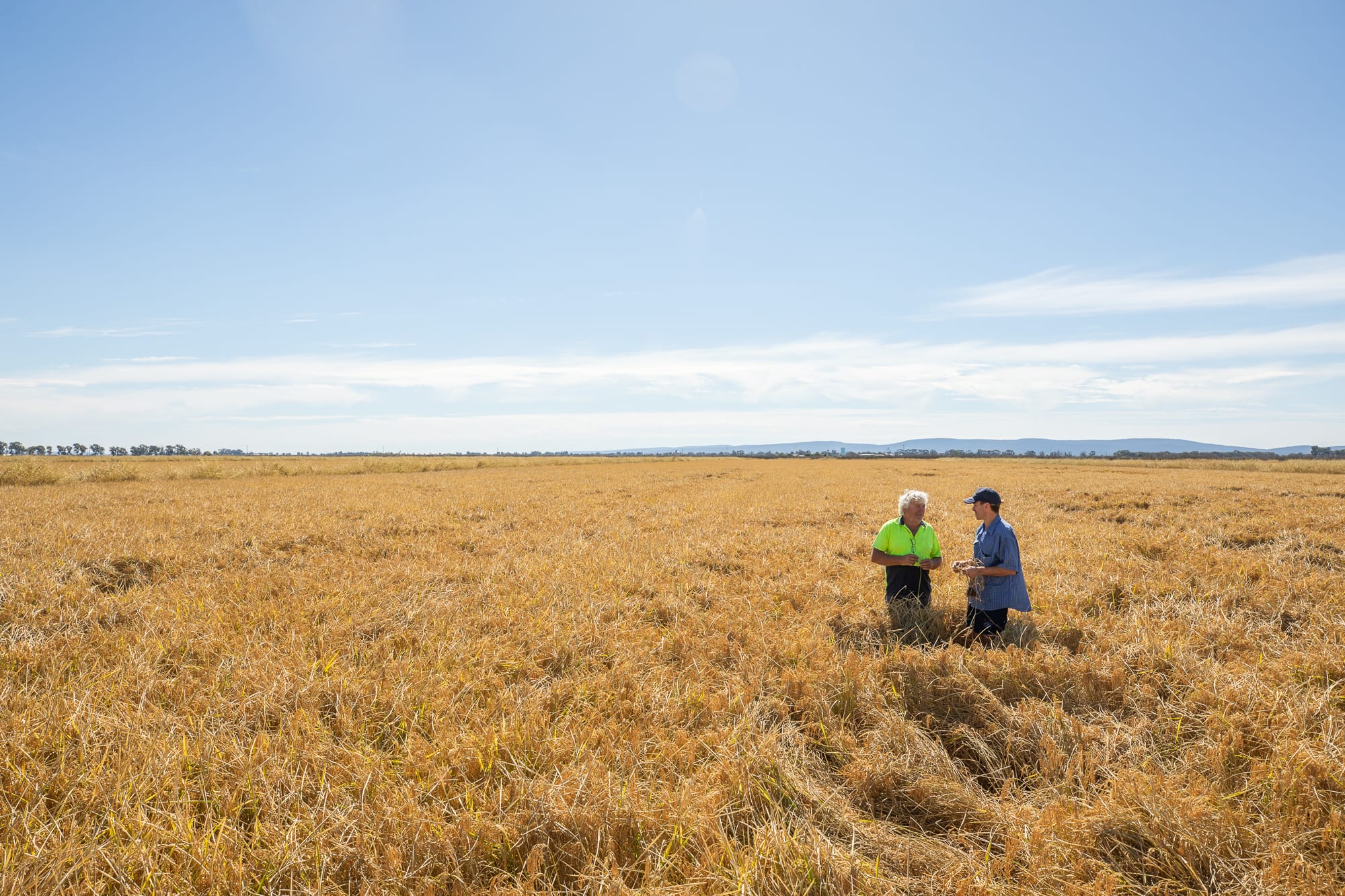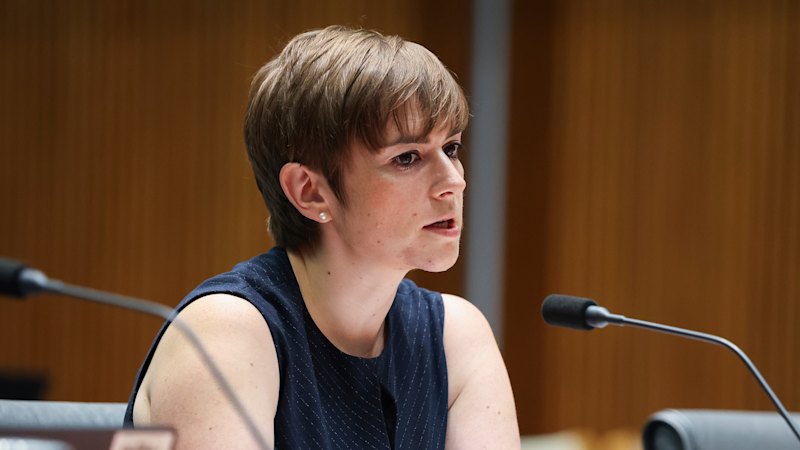
The Reserve Bank of Australia (RBA) has proposed a ban on credit and debit card surcharges, a move aimed at enhancing economic productivity and saving consumers approximately $1.2 billion annually. This initiative, while beneficial on a national scale, may face significant resistance from certain sectors, particularly small businesses and card issuers, as the fallout from this decision unfolds.
The RBA’s report highlights the growing concern over surcharges imposed by retailers and payment networks, which often inflate costs for consumers. While the 0.9 percent surcharge on a typical coffee and muffin may seem minor, the cumulative effect across Australia is substantial. The RBA estimates that abolishing these surcharges could lead to individual savings of about $60 per person each year.
In addition to consumer savings, the RBA anticipates that businesses, especially smaller enterprises, could collectively save another $1.2 billion through the proposed reduction of interchange fees that card networks charge merchants. Of this amount, around $185 million would directly benefit small retailers, with approximately 90 percent of them expected to see net gains. Nonetheless, the remaining 10 percent of businesses may struggle to absorb these costs, potentially leading to higher prices for consumers.
The implications for card issuers are also significant, with the RBA projecting a nearly $900 million reduction in profits for these large companies. As the RBA’s Governor, Michele Bullock, outlines the plan, key political figures, including Prime Minister Anthony Albanese and Treasurer Jim Chalmers, will need to navigate the turbulent waters of public and business reaction.
As the RBA introduced its proposals, voices from the small business community quickly emerged in opposition, despite the majority potentially benefiting from the changes. The dynamics of productivity policy often amplify the concerns of those who face immediate losses, overshadowing the broader benefits that may not be as easily recognized by the public.
For instance, consumers might not connect an extra 8 or 9 cents added to their breakfast purchase with the larger debate on surcharges. The Australian Competition and Consumer Commission (ACCC) plays a critical role in ensuring that consumers and businesses are not unfairly charged for surcharges. Between January 2022 and mid-2023, the ACCC received approximately 2,500 reports concerning surcharges, ranging from consumer complaints to inquiries from retailers about their obligations.
The RBA’s proposal also raises concerns about potential confusion if surcharges are banned for debit cards but allowed for credit cards, especially considering there are around 8 million combination cards in circulation. This complexity could lead to unintentional surcharging, complicating the issue further. To mitigate such risks, the RBA advocates for a uniform ban on surcharges across both debit and credit cards.
Implementing these changes poses additional challenges. The RBA acknowledges that enforcement may be costly and complex, which could hinder the effectiveness of the proposed reforms. The bank aims to have these measures in place by mid-2024, but the journey will likely be fraught with opposition from those who prefer the current system.
As the debate over card surcharges unfolds, it highlights the broader struggle to enhance productivity within the Australian economy. The proposed reforms, while potentially advantageous for many, will initiate a contentious dialogue among stakeholders. The fight to save consumers a few dollars is just beginning, with significant implications for the future of economic policy in Australia.







